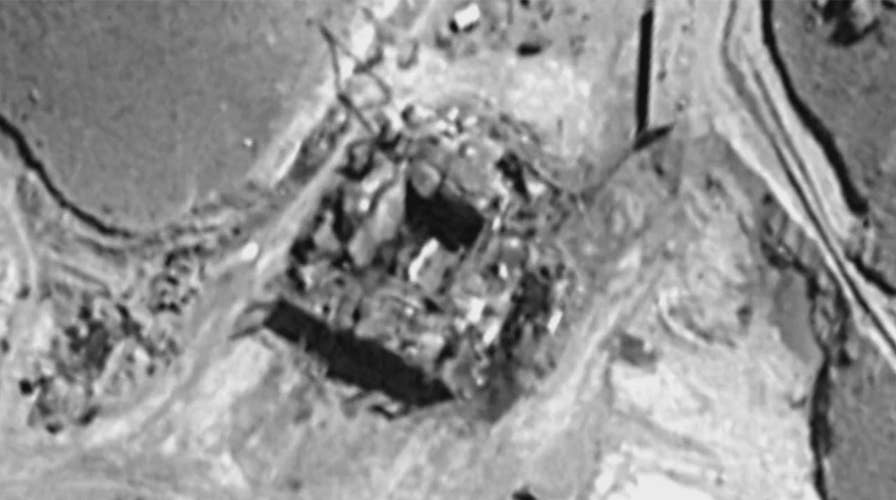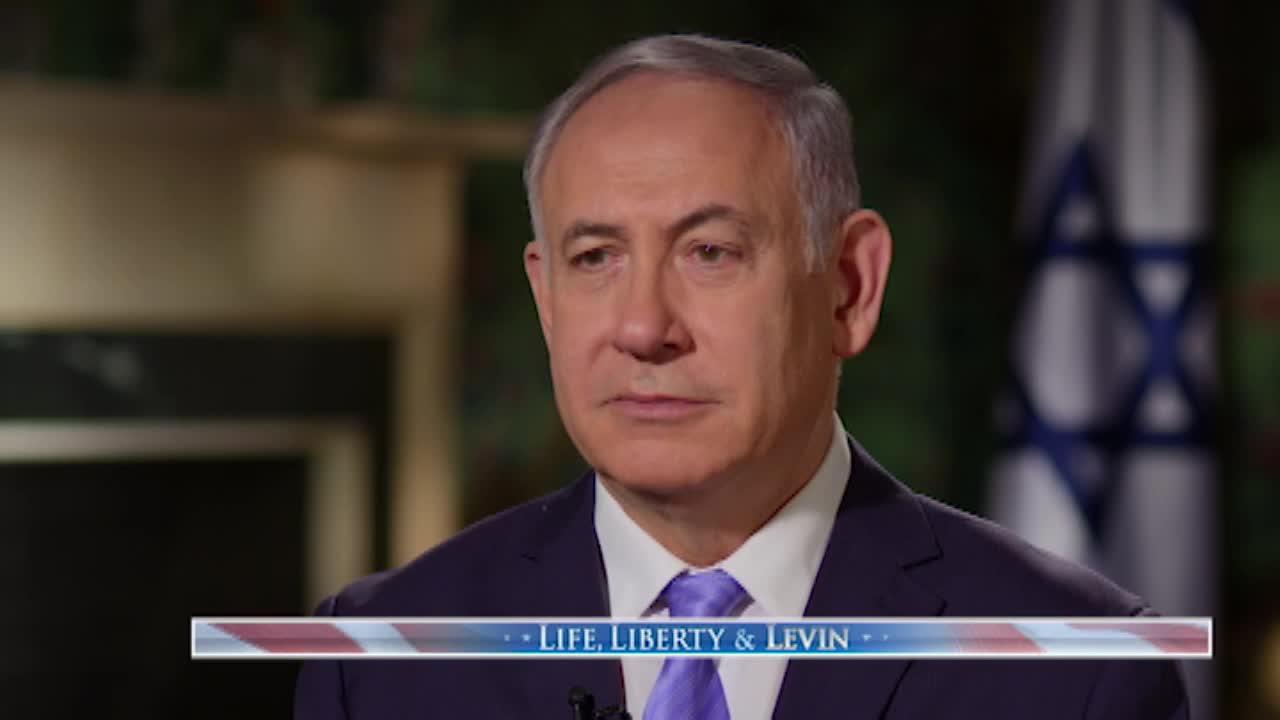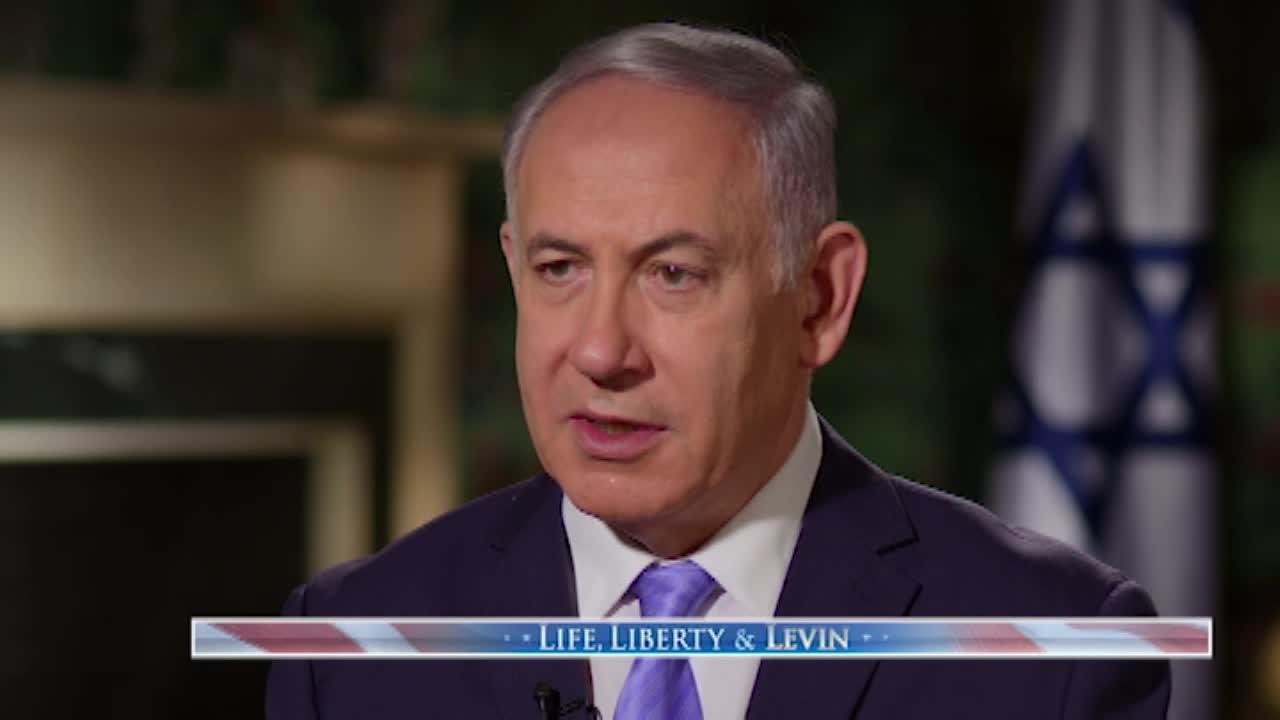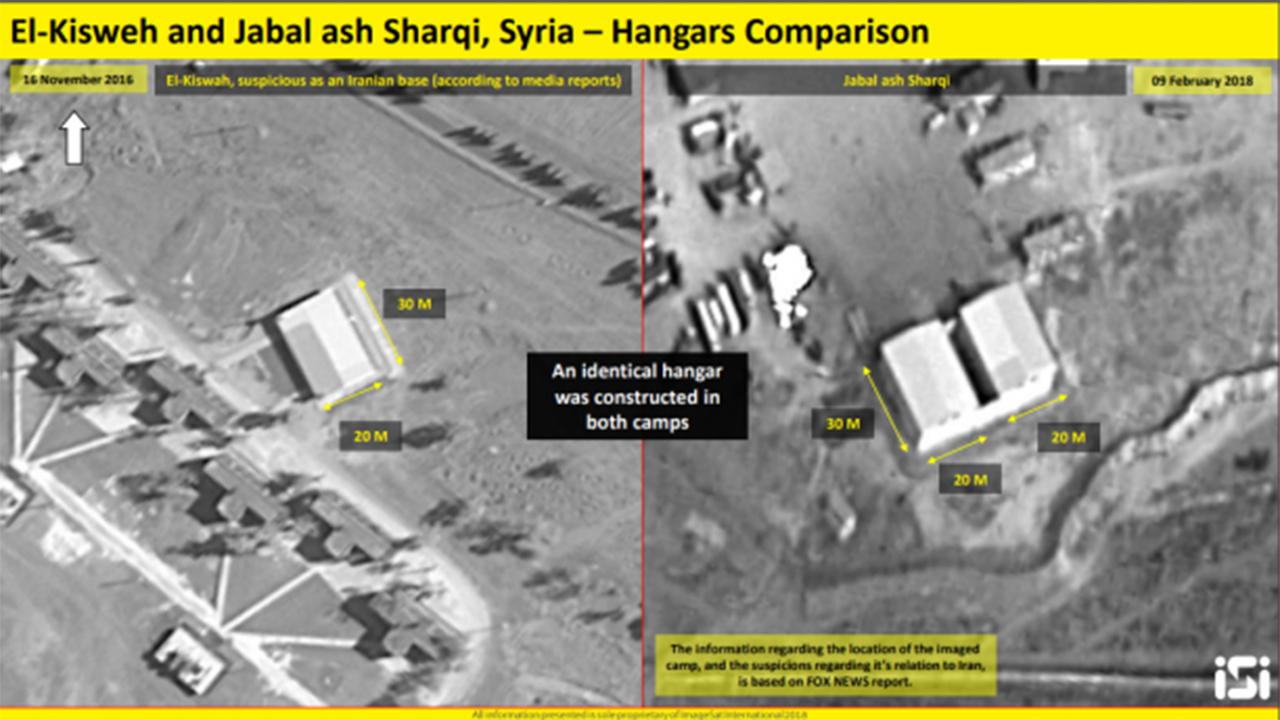Israel releases footage of 2007 Syrian nuclear site strike
Raw video: Israeli military acknowledged carrying out an airstrike on suspected nuclear reactor in Syria in 2007.
The Israeli military for the first time publicly acknowledged carrying out the 2007 airstrike that destroyed a suspected nuclear reactor in Syria, noting the mission should be a warning to Iran the Islamic Republic will not be allowed to develop nuclear weapons.
Although Israel was widely believed to have been behind the Sept. 6, 2007 airstrike, it has never before commented publicly on it – until now.
“The operation and its success made clear that Israel will never allow nuclear weaponry to be in the hands of those who threaten its existence – Syria then, and Iran today,” Israel’s intelligence minister, Israel Katz, tweeted in Hebrew on Wednesday.
He added: "The courageous decision of the Israeli government almost 11 years ago to destroy the nuclear reactor in Syria and the successful operation following it sends a clear message: Israel will never allow nuclear weapons to countries like Iran who threaten its existence."
On Wednesday, the military released previously classified cockpit footage, photographs and intelligence documents about the airstrike carried out by eight F-15 fighter jets on the Al-Kubar facility near Deir al-Zor in eastern Syria, about 300 miles northwest of Damascus.
According to the documents, the site had been in development for years and was scheduled to go into operation at the end of 2007.
Israel’s involvement in the strike has been one of the country's most closely held secrets. While it was not immediately clear why the military decided to go public, it comes after repeated calls in recent months by Prime Minister Netanyahu for the international community to take tougher actions on Iran and amid the possibility President Trump could scuttle the Iran nuke deal.
Israel and Syria have always been bitter enemies. Throughout Syria's seven-year civil war, Israel has carried out well over 100 airstrikes, most believed to have been aimed at suspected weapons shipments destined for the Iranian-backed Hezbollah militant group, which targets Israel. Both Iran and Hezbollah are allied with Syrian President Bashar Assad.
At the time of the 2007 strike, Syria accused Israel of invading its airspace, but gave no further details about the target.
The pre-mission briefing, made public Wednesday, stated the operation should not be attributed to Israel so as to minimize the potential for an all-out war. It was ordered to be kept secret until further notice.
Israeli Air Force Commander Maj. Gen. Amikam Norkin said the current turmoil in Syria has further vindicated the strike, particularly since the reactor was in an area later captured by the ISIS terror group.
"Imagine what situation we would be in today if there was a nuclear reactor in Syria," Norkin said. "In historic hindsight, I think Israel's decision to destroy the reactor is one of the most important decisions taken here in the last 70 years."
In declassified internal “top secret” intelligence reports, the military said the mission to destroy the facility started at 10:30 p.m. on Sept. 5 and ended with the return of the F-15s about four hours later. The paperwork appeared to indicate that the Syrian reactor was much closer to completion than previously reported.
"The message from the 2007 attack on the reactor is that Israel will not tolerate construction that can pose an existential threat," military chief Lt. Gen. Gadi Eisenkot said in Wednesday's statement. "This was the message in 1981 [when Israel took out an Iraqi nuclear reactor], this is the message in 2007 and this is the future message to our enemies."
Syria, a signatory of the 1970 nuclear Non-Proliferation Treaty, has denied that the site was a reactor or that Damascus engaged in nuclear cooperation with North Korea.
In his memoir, "Decision Points," former President George W. Bush said the target was believed to be a Syrian nuclear reactor being built with North Korean assistance. He said Israel first asked the U.S. to bomb the site and then carried out an attack itself when Washington declined.
"Prime Minister [Ehud] Olmert's execution of the strike made up for the confidence I had lost in the Israelis during the Lebanon war," Bush wrote, adding that the Israeli leader rejected a suggestion to go public with the operation.
"Olmert told me he wanted total secrecy. He wanted to avoid anything that might back Syria into a corner and force Assad to retaliate. This was his operation, and I felt an obligation to respect his wishes," Bush wrote.
Olmert has skirted around the issue, and military censors, for years, repeatedly saying that according to foreign sources Israel had been involved. After Bush's account was published in 2010, Olmert said: "I don't want [to], and I can't deny it."
Olmert, who was prime minister from 2006 until 2009 and was recently released from prison after serving time for corruption, is expected to delve more deeply into the issue in his upcoming memoir.
The Associated Press contributed to this report.




